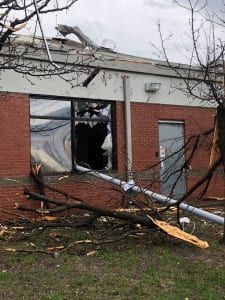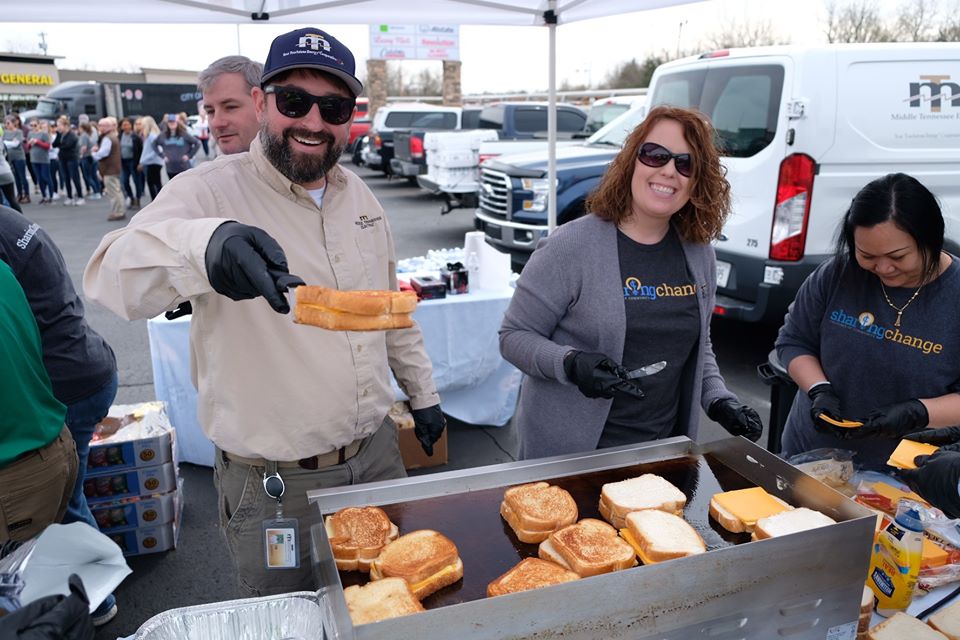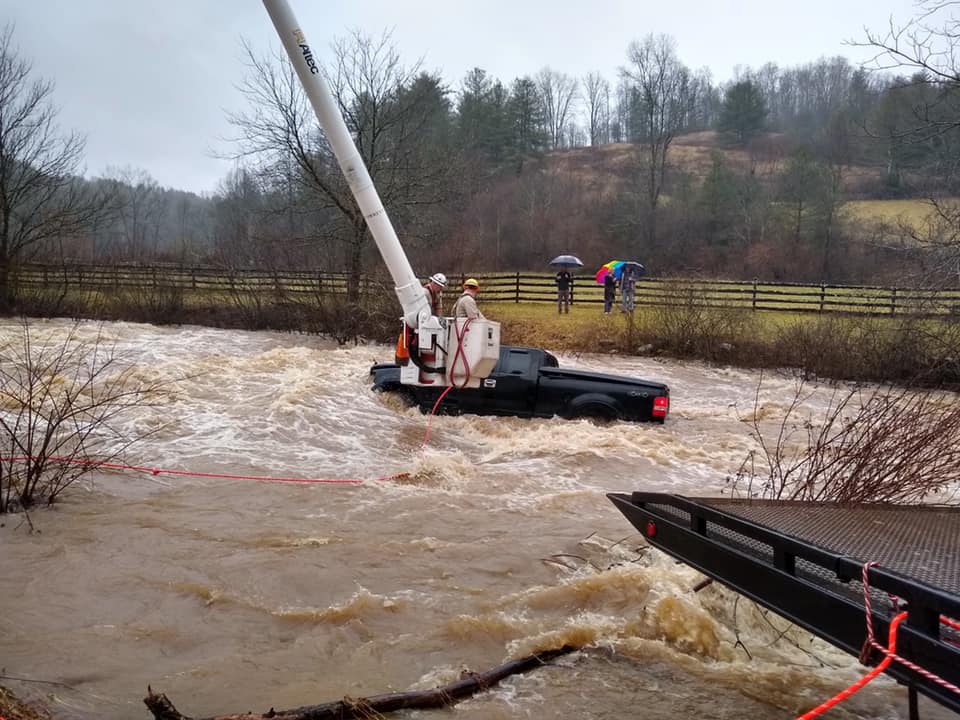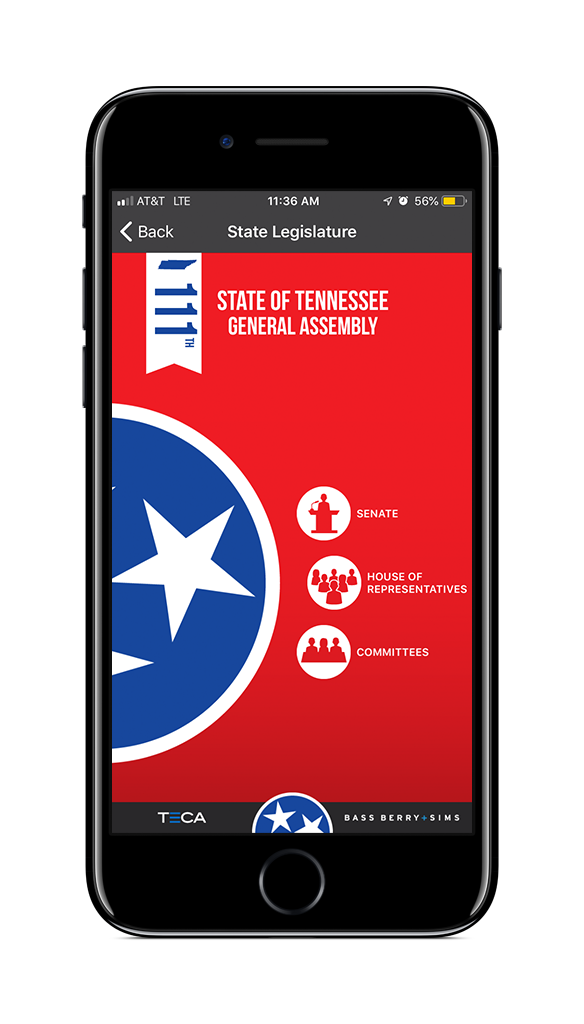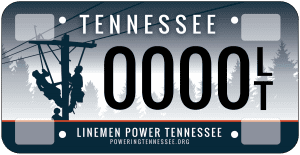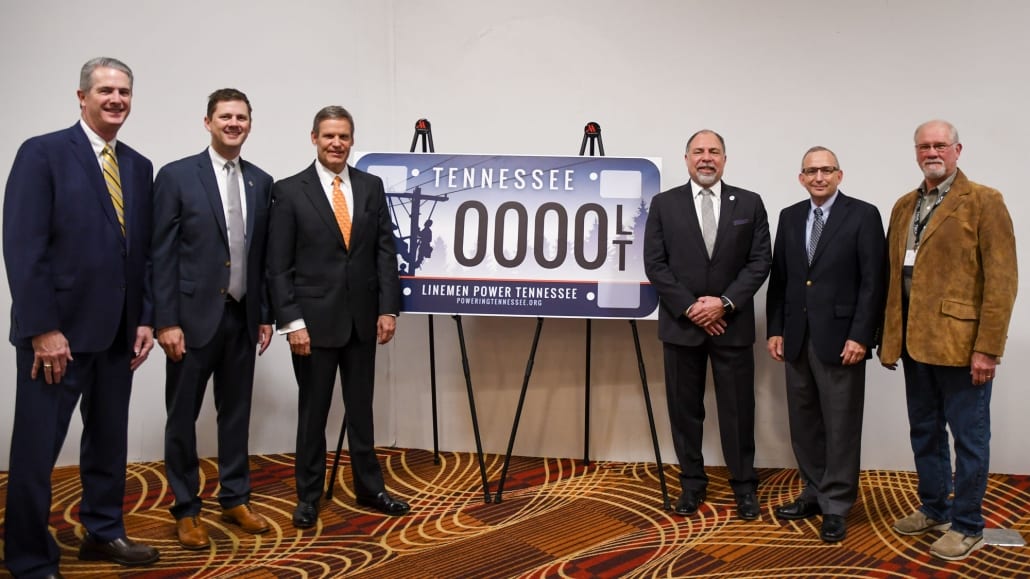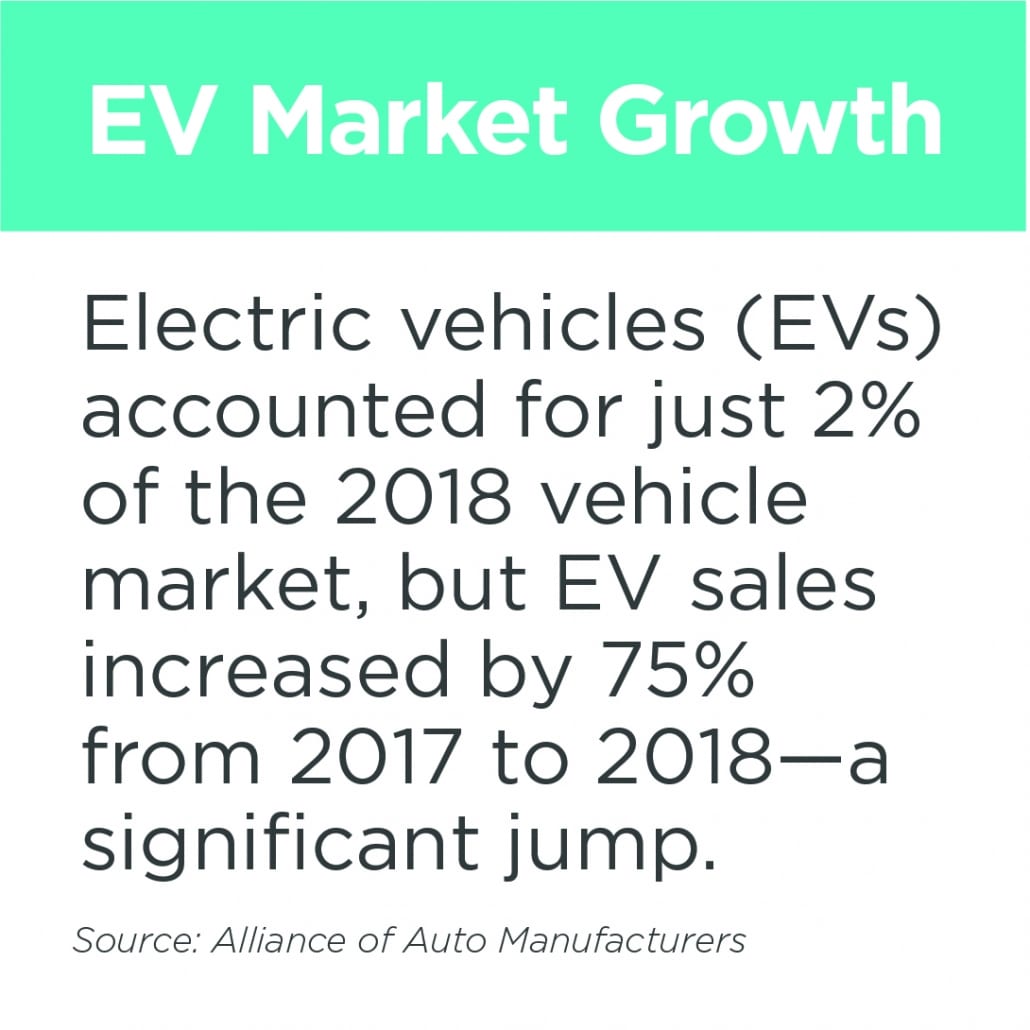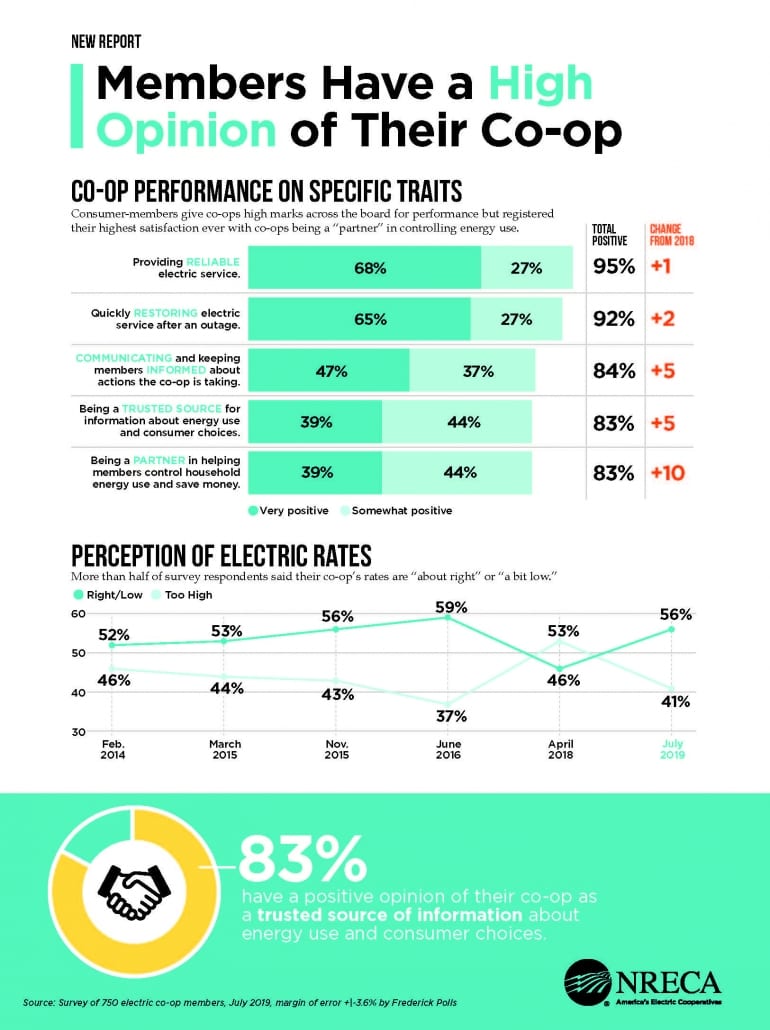NASHVILLE, Tenn. – The spread of COVID-19 represents a real threat to our co-ops and the communities we serve, and stopping the spread of the virus has quickly become an important part of what Tennessee co-ops do each day. TECA is working to support our members systems, and we call your attention to the following information.
Best Practices
On Monday, March 16, TECA held the first of a weekly COVID-19 call with co-op leadership teams. This forum allows co-ops to discuss their individual responses to the virus and share ideas and information. We also launched a weekly COVID-19 survey to better understand co-op response and track operational modifications over time. Co-ops can view the results of this study in the CEO Forum.
Communications Resources
A COVID-19 communications toolkit was distributed to co-ops on Friday, March 6. The kit includes media releases, social graphics, internals memos and an update to our existing Tennessee Electric Co-op Crisis Communications Plan. Additional resources are added each week. Co-ops can access these tools via our CommKit library.
Education, Training and Events
Electric co-op employees are stewards of critical infrastructure, so the spread of the illness among co-op employees represents a real threat to the communities we serve. TECA has a heightened responsibility to protect the health and well-being of the co-op workforce, so we are modifying both our schedule and our content delivery methods to accommodate.
- We are working with utilities who participate in our Job Training and Safety program to reschedule in-person meetings and transition to online delivery when possible
- All Director Training sessions have been postponed through May 1
- The NRECA Legislative Conference has been cancelled. TECA will coordinate dates for legislative visits later this year
- The 2020 Youth Leadership Summit has been rescheduled for July 20 – 22
- The 2020 Accountants’ Conference has been rescheduled for Sept. 23 – 25
- The 2020 TennComm Conference has been rescheduled for Sept. 22 – 25
- The 2020 Administrative Professionals and Human Resources Conference has been cancelled
TECA Staff
TECA has implemented work travel restrictions on all staff, developed guidelines for returning to work following potential exposure and temporarily adapted our alternative work arrangement policy to allow staff to work from home with fewer restrictions. The TECA office will be closed with all staff working from home on Friday, March 20 – Tuesday, March 24. Visit our staff page for contact information.
As Tennessee’s rural communities adapt to the challenges and limitations created by COVID-19, TECA is working with Tennessee’s electric cooperatives to share ideas and provide innovative solutions. We believe that co-ops provide an essential service to their communities, and together, we have the power to be resilient in the face of this public health challenge. Please contact us if we can be of assistance.

